Dirty Little Library Secrets II: I’m not buying that! Selection as censorship
 All this week we have been talking about Banned Books Week. There are lots of good guides out there to tell you how to prepare a policy, handle a challenge, etc. But what we don’t often talk about are the dirty little library secrets. Sometimes, the challenges come from our co-workers. Sometimes, they come from ourselves. And sometimes . . . we use the concept of “selection” as a sugar coated form of censorship and we pat ourselves on the back for it. But the truth is, whenever I get that little angel/devil thing going on my shoulder and I feel tempted to use selection policies as a form of censorship, I find myself talking to someone to make sure that I am making good, policy based decisions and not personal ones.
All this week we have been talking about Banned Books Week. There are lots of good guides out there to tell you how to prepare a policy, handle a challenge, etc. But what we don’t often talk about are the dirty little library secrets. Sometimes, the challenges come from our co-workers. Sometimes, they come from ourselves. And sometimes . . . we use the concept of “selection” as a sugar coated form of censorship and we pat ourselves on the back for it. But the truth is, whenever I get that little angel/devil thing going on my shoulder and I feel tempted to use selection policies as a form of censorship, I find myself talking to someone to make sure that I am making good, policy based decisions and not personal ones.Know Thyself (and Your Patrons)
Part of our jobs is to be knowledgeable about our audience, knowledgeable about our communities, and knowledgeable of the literature out there. And let’s face it, we have yearly shrinking material budgets. I mean, seriously shrinking. So we have to take everything we know, pour through 1,000s of journals and reviews, and select which materials we want to spend our shrinking budgets on. For those that don’t work in libraries, this is called selection.
Shakespeare was Wrong: To Buy, or Not To Buy? Now THAT is the Question!
 Sometimes unintentionally, and sometimes very intentionally, we can use selection as a form of censorship and not even feel guilty about it because we have given it a nice label. For example, I really wrestled with whether or not I was going to buy Doing It by Melvin Burgess because even before it came out, it was being challenged it seemed. So the question becomes: do you add it to your collection or not?
Sometimes unintentionally, and sometimes very intentionally, we can use selection as a form of censorship and not even feel guilty about it because we have given it a nice label. For example, I really wrestled with whether or not I was going to buy Doing It by Melvin Burgess because even before it came out, it was being challenged it seemed. So the question becomes: do you add it to your collection or not?
I had the same wrestling of conscience when the book Rainbow Party by Paul Ruditis came out. Rainbow Party is a book about teenagers having oral sex parties, and it came out to very mixed reviews and was obviously going to be very controversial. The reviews seemed to suggest that it just wasn’t well written. In comparison, Looking for Alaska by John Green has an oral sex scene it, but John Green is an amazing author and Looking for Alaska is a much deserved award winner. The book is not about oral sex, it is about teenagers and sometimes, teenagers have oral sex. Quality should always be considered over content, but sometimes social relevancy plays an important part as well.
ADVERTISEMENT
ADVERTISEMENT
To be honest, I ordered both Doing It and Rainbow Party and, knowing that it was possibly going to be challenged, I created a file where I began collecting book reviews of possibly controversial books. I went in and talked to my director about them both and we felt that they deserved a place in our collection because they were one of the few titles that discussed timely issues that were relevant to the lives of teens. But we didn’t go in to it blindly, hence the file of reviews.
A Crisis of Conscience, A Moment of Decision
At one point in my early career I really wrestled with whether or not I could be a teen librarian and this crisis of faith and conscience was caused by none other then Mr. R. L. Stine himself. As I have mentioned, I was a youth ministry major at a conservative Christian college. And although I myself read things like Stephen King and Dean Koontz, I questioned whether or not I would be comfortable putting materials into the hands of teens that were “dark” or “demonic”. Apparently, in the 1990s I thought that R. L. Stine was “dark”. I didn’t know then that Suzanne Collins and the dystopian trend (which I love) was coming. But then I also realized that I would have the opportunity to make sure that the collection was balanced and also had inspirational fiction for the teens to find as well. The concept of balance is the hallmark of a good collection.
No Librarian is an Island
An interesting thing about selection though is that knowing your personal bias (and we all have one) can sometimes cause you to swing in the other extreme direction. Was I really buying Doing It because it deserved to be in my collection, or was I buying Doing It because I knew I didn’t want to buy it and bought it so that I wasn’t using selection as a form of censorship? Tricky question, right? This is where it is a good idea to be involved in your profession (and to have clearly outlined collection development policies and to have a good relationship with your library director where you can talk about the gray areas) and talk on listservs and discussion forums. No librarian is an island, and you’re not building the Karen Jensen zombie/dystopian collection (or whatever your personal reading pleasures are).
Two of my favorite places to “hang out” are the YALSA-BK listserv and Twitter. Twitter helps me learn about a large variety of new book titles that don’t always make it on my radar. Plus, seeing which titles are generating the most positive buzz and popularity helps me know which titles my teens are likely going to be asking for. And my fellow librarians at YALSA-BK help me discuss the thornier issues that surround titles. And of course, I couldn’t do my job without professional journals like VOYA and School Librarian Journal. See, not an island.
At the End of the Day, We’re All Human (Unfortunately)
And here’s the deal. Since testing seems to indicate that I am not an alien cyborg from outerspace nor am I a supernatural being sent from the future to rock the library world to its core, it turns out we are all human. We are going to make mistakes. I make mistakes. You will make mistakes. We will all buy books that don’t circulate. We will all occasionally miss the next big thing and find ourselves scrambling to buy copies ASAP. We will all occasionally buy book 2 and not realize we don’t own book 1. (I’m not only the one who has done that, right?). And sometimes, we will wrestle with our conscience about whether or not to buy a book. At the end of the day my best advice is this: ask a bunch of teens!
Bringing It Full Circle
 So let’s revisit Pretty Amy by Lisa Burstein. As you will recall, a national (though unnamed) teen magazine was going to review this book for its teen audience and then decided not to because there is some drug use; THEY decided that the drug use was inappropriate for their audience. They used a form of selection – whether or not they would review the book – to censor the information. They decided the appropriateness of a book for teens rather than allowing the teens to make that decision for themselves. This is what we librarians, defenders of Intellectual Freedom and Democracy, must avoid. You have to remove yourself, your personal opinions, politics, faith and experiences, from the equation. A task sometimes easier said than done.
So let’s revisit Pretty Amy by Lisa Burstein. As you will recall, a national (though unnamed) teen magazine was going to review this book for its teen audience and then decided not to because there is some drug use; THEY decided that the drug use was inappropriate for their audience. They used a form of selection – whether or not they would review the book – to censor the information. They decided the appropriateness of a book for teens rather than allowing the teens to make that decision for themselves. This is what we librarians, defenders of Intellectual Freedom and Democracy, must avoid. You have to remove yourself, your personal opinions, politics, faith and experiences, from the equation. A task sometimes easier said than done.
(I will add links later today, have to walk the Tween to school)
Share with us your personal wrestlings with selection and book titles? What is your selection process? And how do you stay engaged in the profession, what resources do you use?
Filed under: Uncategorized
About Karen Jensen, MLS
Karen Jensen has been a Teen Services Librarian for almost 30 years. She created TLT in 2011 and is the co-editor of The Whole Library Handbook: Teen Services with Heather Booth (ALA Editions, 2014).
ADVERTISEMENT
ADVERTISEMENT
SLJ Blog Network
One Star Review, Guess Who? (#202)
Review of the Day: My Antarctica by G. Neri, ill. Corban Wilkin
Exclusive: Giant Magical Otters Invade New Hex Vet Graphic Novel | News
Parsing Religion in Public Schools
ADVERTISEMENT



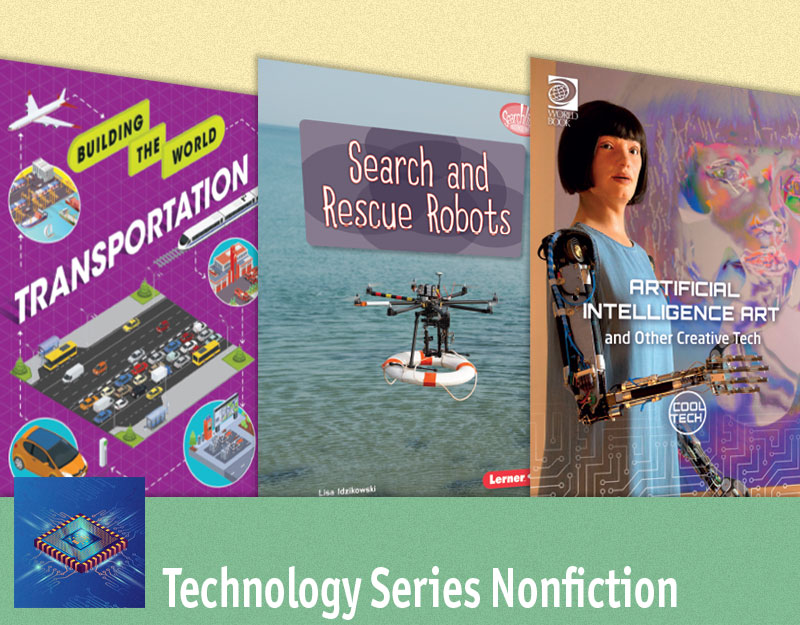
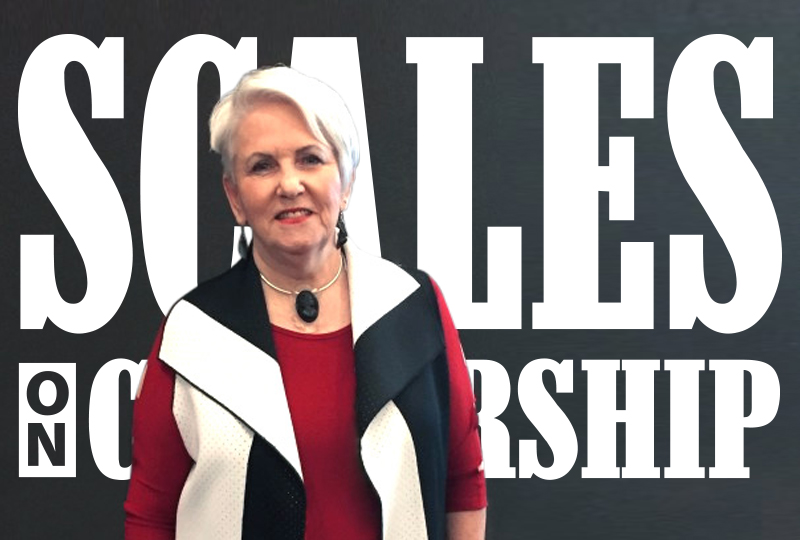
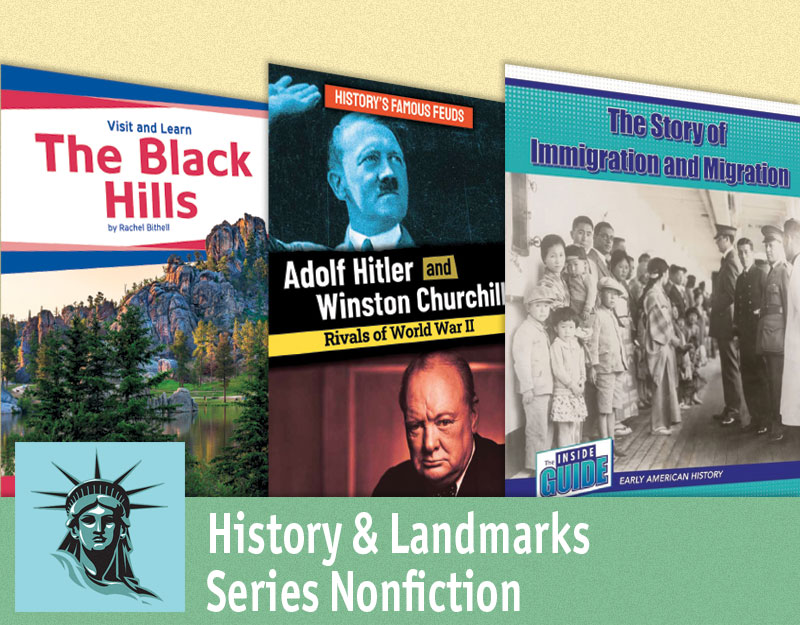
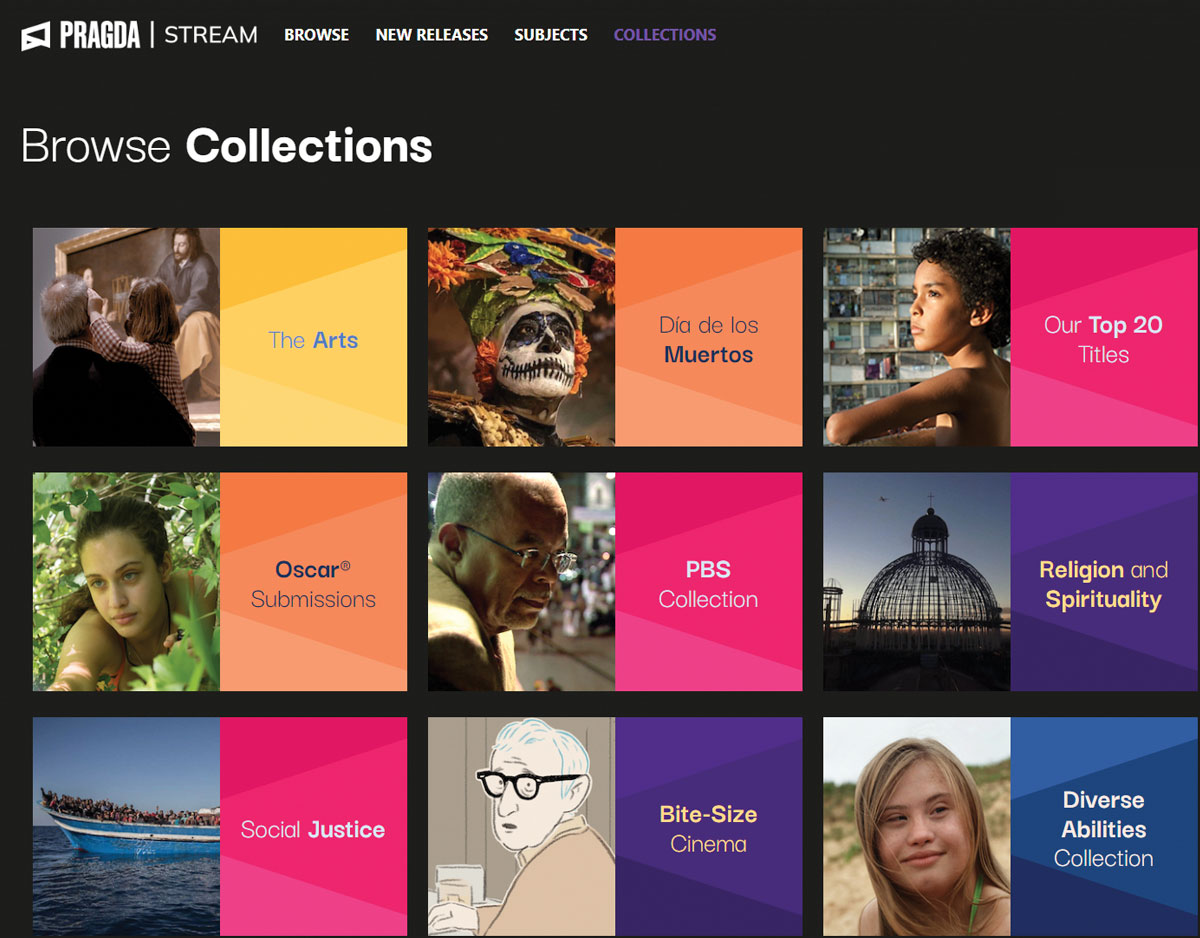
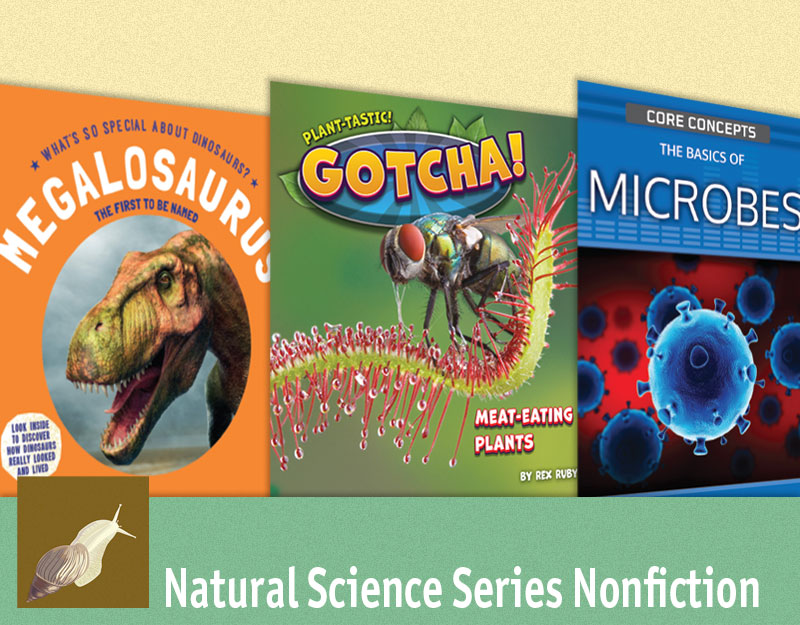
I love Doing It and bought it with no hesitation. I've always worked in public libraries in pretty liberal communities though so content isn't that much of an issue for me.
Rainbow Party I decided to read before I purchased it. I decided not to buy it because it was TERRIBLE. I have books that aren't particularly well-written in my collection, but it was so unrealistic and condescending to teens that I couldn't imagine any of them liking the book. There were six characters (I think, I read it when it came out, back in library school in 2005) and none of them had any depth whatsoever. It felt like a stunt more than a book.
As a library school student, I have never personally struggled with these dilemmas (yet), but I get the feeling that selection is a lot harder than simply abiding by even the most clear-cut, best-written collection development policy. There truly is a fine line between enacting the role of selector versus that of a censor. In essence, building a collection corresponds to a form of censorship in and of itself, as you are consciously selecting one book over another. As librarians, we all believe that it is wrong to base selection decisions upon our personal beliefs, viewpoints, attitudes, likes/dislikes, etc.; however, we are all human, as you point out, so it can be difficult at times to achieve this equilibrium .
As a student, I really appreciated the tips you provided (knowing/following your policies, building a relationship with the library director, establishing a presence on listservs, and even utilizing Twitter for seeking out those buzzworthy titles), but even more than that I valued the real-life experiences you detailed. The overcompensating angle with regard to Doing It represents an interesting quandary. It is one of those things you can spend all day debating in your head, so it really helps to have non-biased sources to turn to. I also liked how you advocated that sometimes it is ok to purchase a book that may not be the most well-written, if it is in fact socially relevant, and will appeal to teens in this sense. Above all, I agree what when in doubt develop a collection with balance in mind, and never forget to turn to the teens themselves for their input!!
I love this blog, it is an amazing resource!!